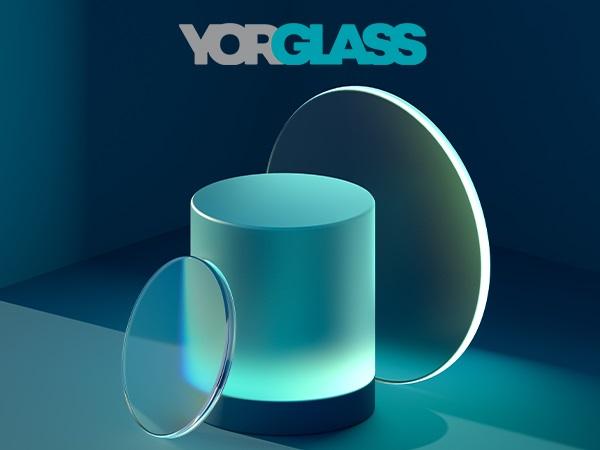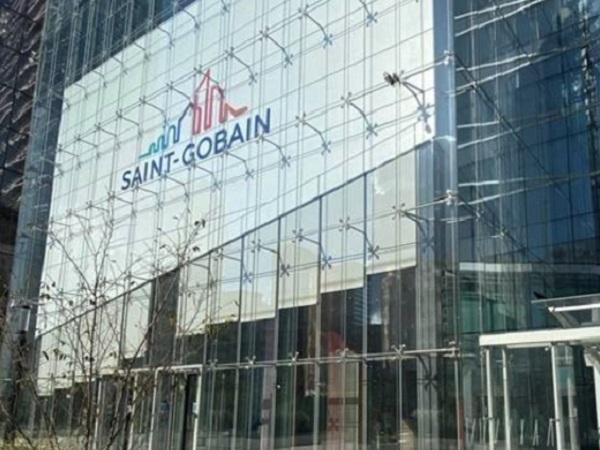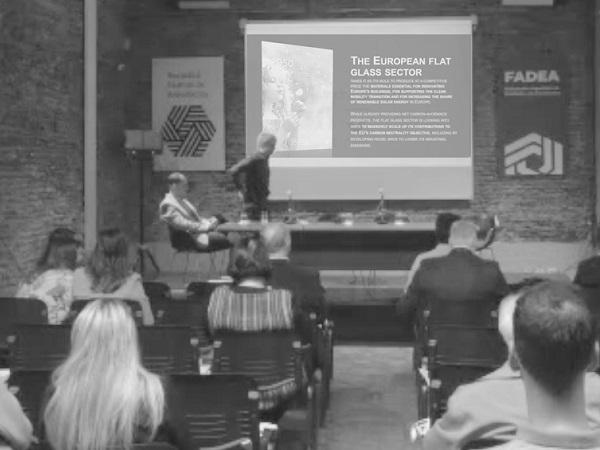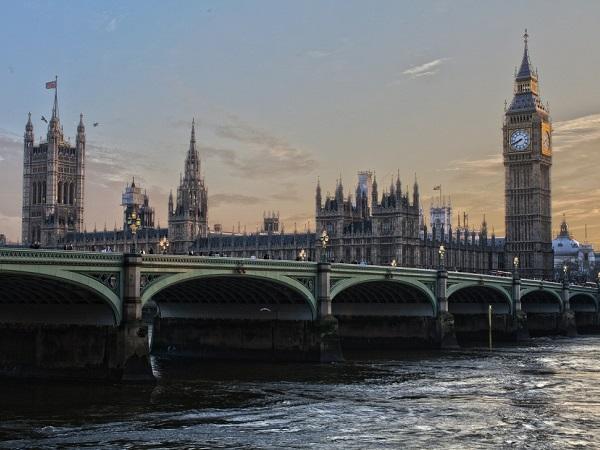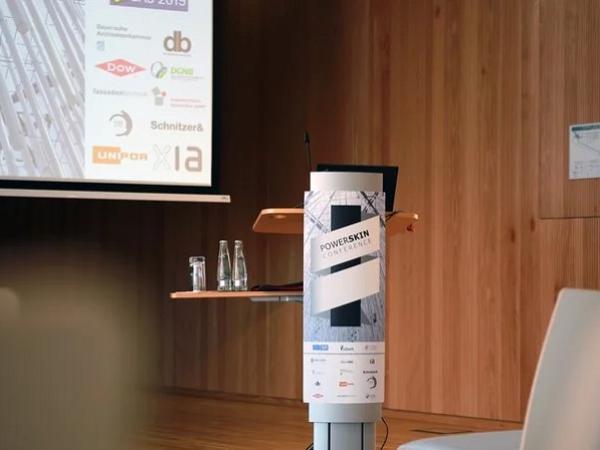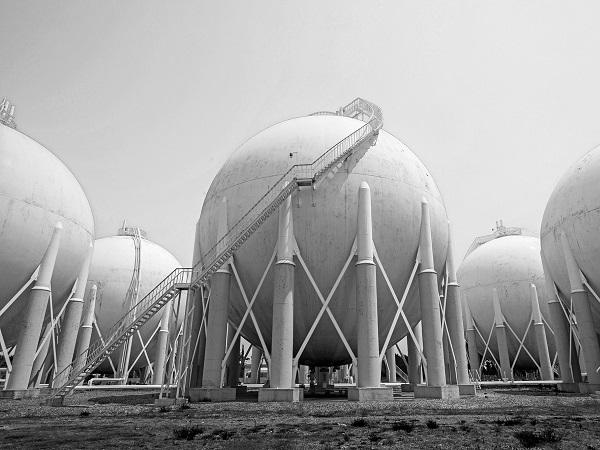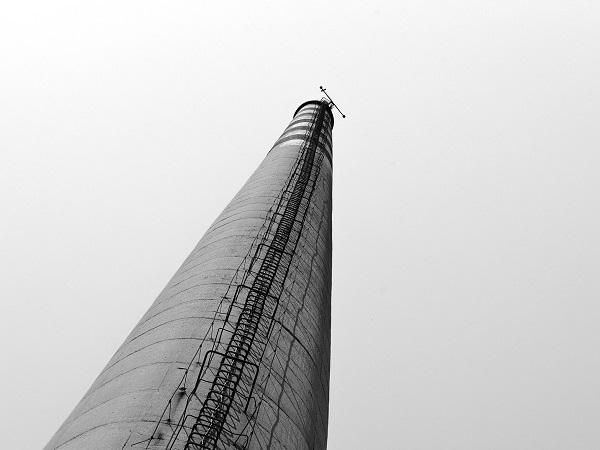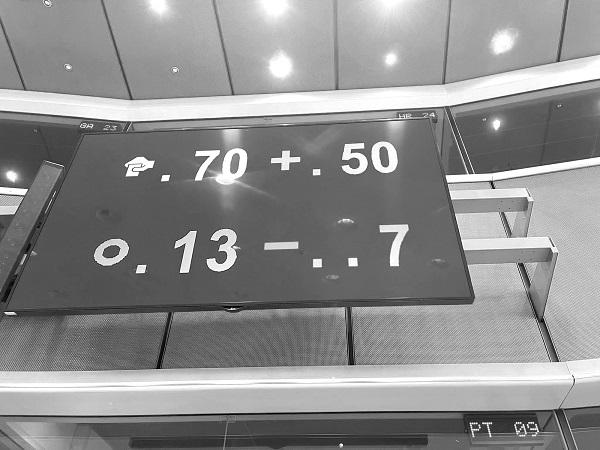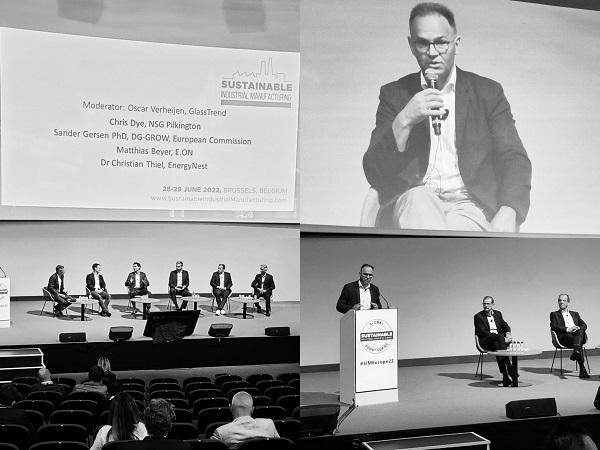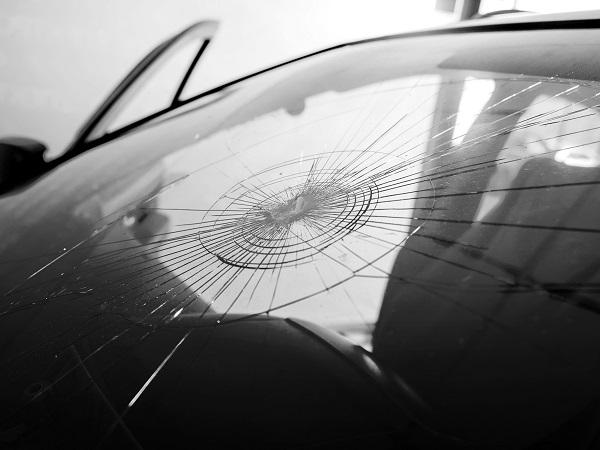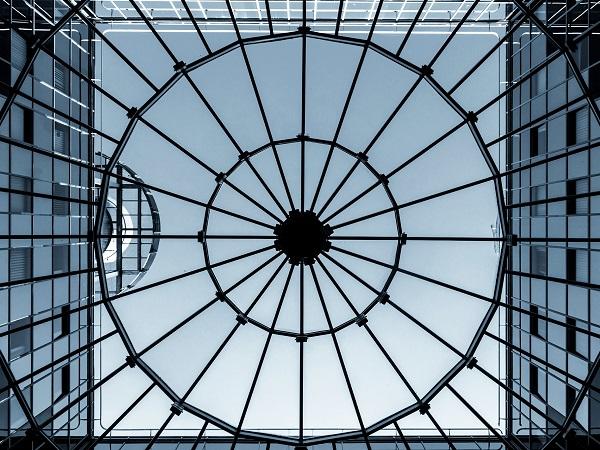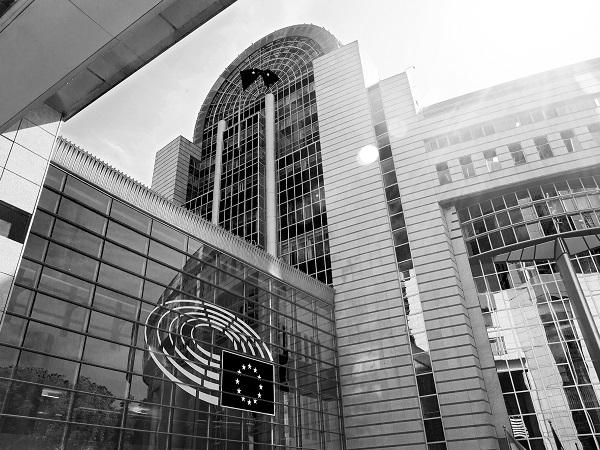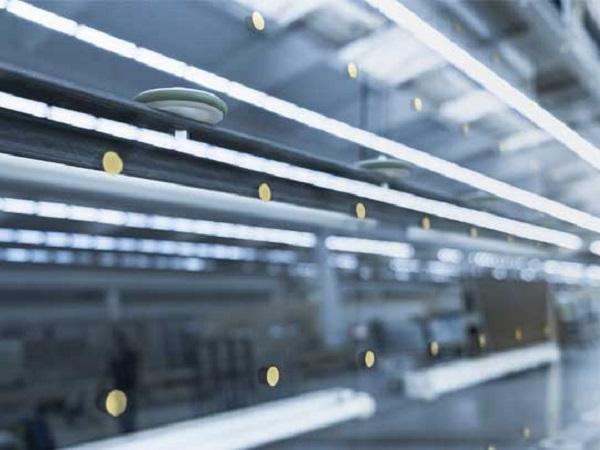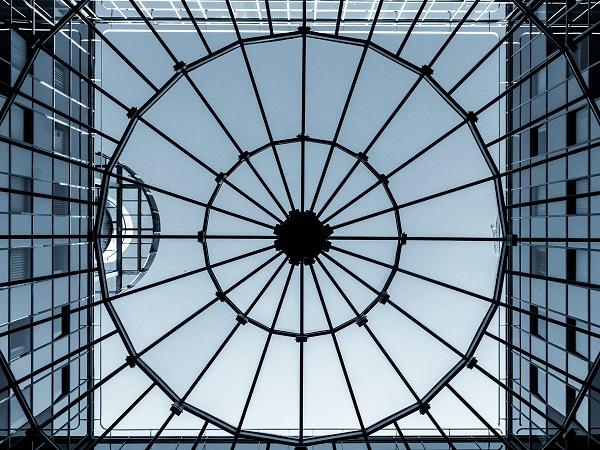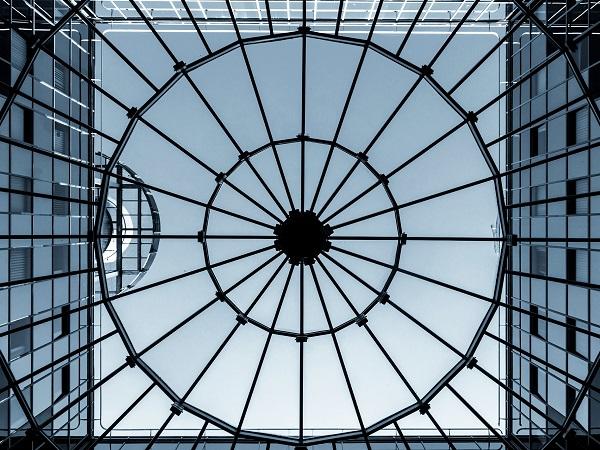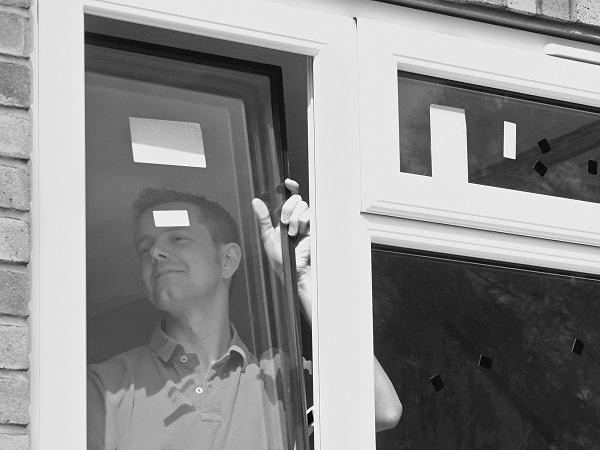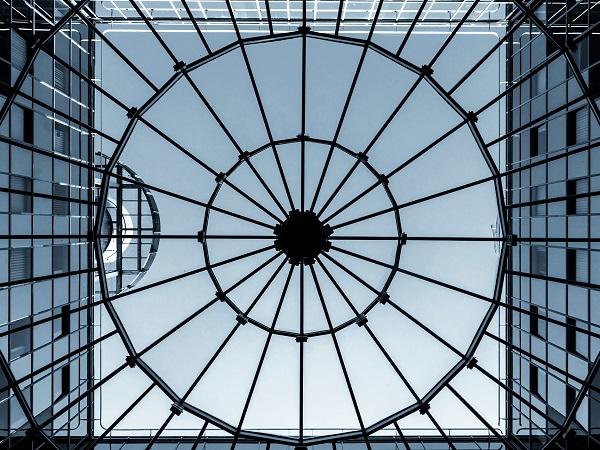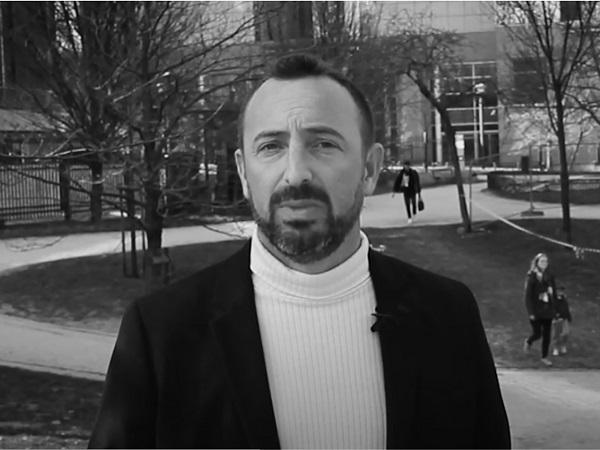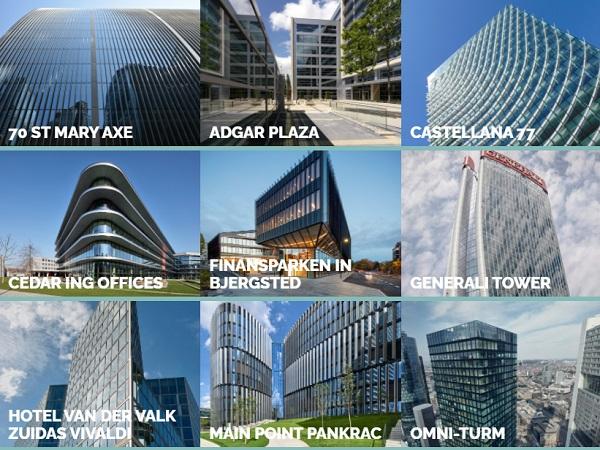Others also read
Yorglass, the trusted and global supplier of glass, will introduce its newest and innovative technologies at the Glasstec Fair 2022.
Saint-Gobain announces the closing of the sale of Saint-Gobain Glassolutions Grand Ouest glass processing business to a group of private investors, led by former Saint-Gobain managers.
Over 100 students in St Helens donned VR headsets to virtually step inside a glass plant as part of ‘Together to Zero’ a project to raise career aspirartions in STEM and the advanced manufacturing sector.
The event, held in the framework of the International Year of Glass, explored the new trends and the role played by glazing in designing a more sustainable built environment.
The British glass industry and its supply chain was celebrated as part of a parliamentary debate that took place on July 14.
The PowerSKIN Conference is going to be held as virtual venue on Thursday, 8th December 2022.
The geopolitical events at the borders of Europe are of high concerns to all of us seeking peace, security, and prosperity in Europe.
Glass for Europe have been active advocating the recognition of the specific need of continuous glass production and reacted to the Communication “Save Gas for a Safe Winter” with the joint press release below.
Glass for Europe lead the work on the paper released today by Glass Alliance Europe on the revision of the Industrial Emissions Directive (IED) and the recast of the European Pollutant Release and Transfer Register (E-PRTR).
The report on the recast Energy Efficiency Directive (EED) was adopted today by large majority in the Committee on Industry, Research and Energy (ITRE) of the European Parliament.
Today, the European flat glass association releases its recommendations on the revision of the Construction Products Regulation (CPR).
Flat glass manufacturers’ decarbonisation efforts under the spotlight at the Sustainable Industrial manufacturing conference.
Improving sorting and quality of the end-of-life automotive glass pieces could provide a new source of recycled glass for flat glass manufacturing.
Glass recycling can offer many environmental and economic benefits, provided a proper framework enables the collection and sorting of high-quality materials.
Glass for Europe reacted to today’s vote on the review of the Emissions Trading Scheme and the proposal for a Carbon Border Adjustment Mechanism with a video message from its Secretary General, Bertrand Cazes.
On june 23 & 24, sedak presents itself as gold sponsor at the international glass conference.
The Société de Chimie Industrielle will award the 2022 International Palladium Medal to Eastman Board Chair and Chief Executive Officer Mark J. Costa.
On May 5th 2022 Glass for Europe hosted its 2nd workshop on flat glass recycling.
On Friday 28 April, Bertrand Cazes, Secretary General of Glass for Europe, participated as a speaker to the 4th Innovative Glazing Global Summit.
Glass for Europe has run calculations based on public data and energy performance models used by and developed for the European Commission. This paper presents the results of these calculations.
Glass for Europe believes that it is time for a coherent revision of the Energy Performance of Buildings Directive (EPBD).
On March 24, during Glass for Europe’s General Assembly, Joana Arreguy, Glass Industrial Director at Saint-Gobain, was elected Chairwoman of the Board of Directors of Glass for Europe.
Improvements needed to the recast of the Energy Performance of Building Directive (EPBD)
“Glazing will be essential to deliver truly sustainable buildings” affirms Glass for Europe’s Secretary General B. Cazes in an interview released for the Theme Park of GPD – Glass Performance Days.
Glass for Europe launches today a new section of its website and a video on the role of glass in sustainable buildings.

